5th Annual Meeting of the
ISMRM Iberian Chapter
3rd - 4th July 2025 · Institute for Bioengineering of Catalonia, Barcelona
ORGANIZED BY
CONTACT
ibeccommunications@ibecbarcelona.eu
ORGANIZING COMMITTEE
Irene Marco Rius (IBEC)
Maria Alejandra Ortega Machuca (IBEC)
Ana Paula Candiota (UAB)
Margarida Julià-Sapé (UAB)
Emma Muñoz Moreno (IDIBAPS)
Silvia Lope-Piedrafita (UAB)
Ignasi Barba Vert (VHIO)
Marina Benito (UCM)
Francesco Grussu (VHIO)
David Gómez Cabeza (IBEC)
5th Annual Meeting of the
ISMRM IBERIAN CHAPTER
The ISMRM Iberian Chapter is blooming maturely as a shared environment between scientists and clinicians in the magnetic resonance imaging field.
The meeting will be an opportunity for academic and social interaction, and we will be honored to have the following distinguished speakers.
In this 5th meeting, we will offer an exciting 2-day scientific program. Plenary lectures will feature leading experts in clinical, preclinical, and computational MRI. In addition, oral sessions and poster sessions will showcase the latest research findings in our community, while industry will have the opportunity to showcase their latest technological innovations in the field and contact future users.
As we believe in the importance of networking, there will be ample opportunities to connect during the coffee breaks.
I look forward to meeting you in Barcelona!
BOOKLET ISMRM 2025
IMPORTANT DEADLINES
Start of Abstract Submission period: 17/2/2025
End of Abstract Submission period: 31/3/2025
REGISTRATION COMING SOON
EARLY BIRD RATE
Payment before/on 30th May 2025
| Students (BSc, MSc, PhD) | 80€ |
| Regular | 120€ |
LATE RATE
Payment after 30th May 2025
| Students (BSc, MSc, PhD) | 100€ |
| Regular | 150€ |
Conference dinner
| Regular | 30€ |
VAT NOT included
The registration fee covers attendance to all sessions, lunches and coffee/tea breaks during the conference, conference dinner and conference materials.
VENUE
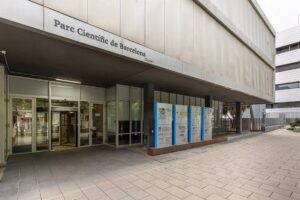
ROOMATE FINDER
Please find below the QR code leading to a whatsapp group where students can make arrangements to share a room with other attendees of the meeting, and thus contain accommodation costs:

SPEAKERS
PROGRAMME
| 13:00 – 13:50 |
Moderator: David Gómez Cabeza MRI Basics (Theory and Acquisition) Speaker: Marina Benito – UCM |
| 13:50 – 14:40 |
MRI Fast Imaging (Functional MRI and diffusion MRI) |
| 14:40 – 15:10 | Coffee Break |
| 15:10 – 15:40 | MRI QUIZ! Speaker: David Gómez Cabeza (IBEC) |
| 15:40 – 16:30 | Quantitative Imaging and AI Automation Speaker: Francesco Grussu (VHIO) |
| 16:30 – 18:30 |
MRI Basics Worksop in IBEC’s 3T Bruker RMI Practical Session – Sponsored by IBEC Speaker: David Gomez Cabeza – (IBEC) |
| 10:00 – 11:00 | Registration |
| 11:00 – 11:30 | Opening session: Silvia de Santis (Instituto de Neurociencias de Alicante) and Irene Marco Rius (IBEC). “Introduction and welcome from the Chapter and Local committees” |
| 11:30 – 12:30 |
Plenary Talk: Meritxell Bach (EPFL, Switzerland). Title: “Beyond performance: trustworthy AI in brain MR image analysis through quality control and uncertainty quantification” Moderator: Andrada Ianus and Ana Fouto |
| 12:30 – 13:00 |
Industry Pitches – Moderator: Ana Paula Candiota
|
| 13:00 -14:00 | Lunch |
| 14:00 – 15:00 |
Oral Session (Clinical Session) – 8 min presentation + 2 min Q&A.
|
| 15:00 – 15:45 | Poster Teaser Clinical MRI (1 slide – 1min). Moderator: Ignasi Barba and Elisa Moya-Sáez |
| 15:45 – 17:00 | Coffee break + Poster Session Clinical |
| 17:00 – 20:00 | Networking event |
| 20:00 | Dinner (TBC) |
| 09:00 – 10:00 | Plenary Talk (Sebastian Cerdán Lecture): Rui V Simões (Universidade do Porto, Portugal) – Dynamic Assessment of cáncer metabolism with multi-nuclear MRI Moderator: Silvia Lope Piedrafita and Nuria Arias Ramos |
| 10:00 – 11:00 | Oral Session -Preclinical Session (8min presentation + 2 min Q&A)
|
| 11:00 – 11:45 | Coffee Break |
| 11:45 – 12:00 | Industry Pitches
|
| 12:00- 13:00 | Plenary Talk: André Martins (Universitat Tubingen, Germany) – Latest Advances in Preclinical Molecular Imaging Moderator: Marina Benito Vicente and Lili Fanni Toth |
| 13:00 – 14:30 | Lunch |
| 14:30 – 15:15 | Poster Teaser PreClinical MRI Moderator: Emma Muñoz and Margarida Alves 27 power pitches |
| 15:15 – 16:30 | Coffee Break – Poster Session – PreClinical |
| 16:30 – 17:30 | Round Table Discussion: “Bringing advanced MRI and MRS from research to clinic”. Moderator: Irene Marco-Rius & Silvia de Santis. Panel: Meritxell Bach-Cuadra, Rui V Simões, André F. Martins |
| 17:30 – 18:40 | Closing session |
POSTER SESSION
The conference includes poster sessions and contributed oral presentations where you will have the opportunity to present your work and discuss it with your colleagues.
Abstract submission deadline: 21/01/2024
Notification of acceptance: 13/02/2024
SATELLITE PROGRAM
IMAB Project: Involving the Senior Community in Advances in Bioengineering for health and healthy aging. Within the framework of the EMBL conference, we want to bring research closer to the society. In this year’s edition, we want to involve citizens over 65 years of age so that they know, understand and give their opinion on the latest research in Engineering of Multicellular Systems. For this reason, we will carry out workshop for them within the IMAB project, funded by the FECYT, about Organ and Tissue Regeneration. From these workshops, we aim to collect information about the opinions of this age group about the latest scientific progress. All the opinions will be collected in a report with the aim that they are considered when designing new research projects. |
The artwork “HeLa et al.” by Tess Marschner will be showcased throughout the conference. Participants will have the chance to engage with the artist, who will be available during the poster sessions of the conference. Following our goal of promoting transdisciplinary research, we participate in different projects in which we incorporate artistic vision into the creation and dissemination of scientific knowledge made at IBEC. We are delighted to offer an ongoing open call for artists, providing a unique opportunity to collaborate with our researchers and explore the intersection between art and science. Our actual artist-in-residence is Tess Marschner, who is a visual artist from Leipzig (Germany). In her mostly videographic and research-based works, she examines the ways in which scientific and theoretical knowledge shapes and shifts social relations. Her focus is on feminist, non-human and animal actors. The video essay “HeLa et al.” is a reflection on female and/or reproductive (parts of) bodies in techno-sciences: Henrietta Lacks’ eternal cell line, the cloned sheep Dolly, wombs, eggs and mice appear both as technical objects of the (scientific) economy as well as actors that confuse the concept of the human and the associated ethical implications. “HeLa et al.” was created during her Artistic Residency at IBEC 2023/24. |
ABOUT US
EMBL Barcelona
Scientists at EMBL Barcelona explore how tissues and organs function and develop, in health and disease.
We combine a number of themes and approaches to achieve this:
- The development and use of 3D in vitro models, (organoids, vascular systems, and others) where the dynamic structure and function of multicellular systems is more accessible to measurement and manipulation than in vivo.
- Quantitative approaches and computational modelling, to create more a rigorous understanding and predictions of the dynamics of multicellular systems.
- 3D and 4D mesoscopic imaging tailored towards tissues, organs and organoids. We develop and improve these state-of-the-art technologies, as well as using them for our research.
- An engineering and synthetic philosophy, in which building and creating new biological models is a key part of understanding and controlling them.
Using these approaches, EMBL Barcelona studies a variety of multicellular questions:
- Organogenesis – how a complex mammalian organ (the limb bud) develops, grows and organises itself during development.
- Scaling – how dynamic patterning processes change their relative speeds and sizes, across different tissues and species.
- Self-organisation – how collectives of cells spontaneously break-symmetry and cooperate to organise themselves into functional tissues.
- Vasculogenesis – how blood vessels organise themselves into networks, and how this can be harnessed for improved tissue engineering and disease modelling.
- Vascular diseases – how genetic or infectious diseases interact with vascular system to cause pathologies, such as malaria.
Institute for Bioengineering of Catalonia (IBEC)
The Institute for Bioengineering of Catalonia (IBEC) is a leading-edge multidisciplinary research centre based in Barcelona that conducts excellent research at the frontiers of basic and life sciences linked with engineering to generate new knowledge and applications that helps to enhance health and quality of life.
IBEC create wealth by putting together biophysics, cell engineering, nanomedicine, biomaterials, tissue engineering and the applications of information technology to health.
IBEC is a non-profit-making foundation set up in 2005 by the Departments of Health and Innovation, Universities and Enterprise of the Government of Catalonia, the University of Barcelona and the Technical University of Catalonia.
At IBEC, frontier research is combined with specific transfer targets to produce new applied technologies to be used in life and health sciences. We have the versatility to generate excellent research and, at the same time, work with clinicians and industry to develop new diagnostic or treatment systems. The model envisaged by IBEC is inspired by a creative, innovative new ecosystem based on interaction between research experts in different enabling technologies (nano-bio-info-cogno) to generate new knowledge and engineering solutions in health technology.
The knowledge that exists in IBEC is placed at the service of science and society to progress in three major research programmes:
- Bioengineering for future medicine, with the aim of developing technology that goes beyond the existing paradigm of medical care in hospital to incorporate new areas such as personalize medicine, tailoring diagnostic and therapies to the individual, optopharmacology, diagnosis and therapies based on mechanobiology and nanomedicine.
- Bioengineering for active ageing, with the aim of developing care and technology and improve the quality of life of an increasing older population. Assisted living technologies such as mobile health solutions, including home-based devices and services for remote monitoring, consultation and diagnosis are developed.
- Bioengineering for regenerative therapies, with the aim of developing regenerative technologies to allow the creation of implants able to bring about the regeneration of damaged tissues or organs and to develop cell therapies.


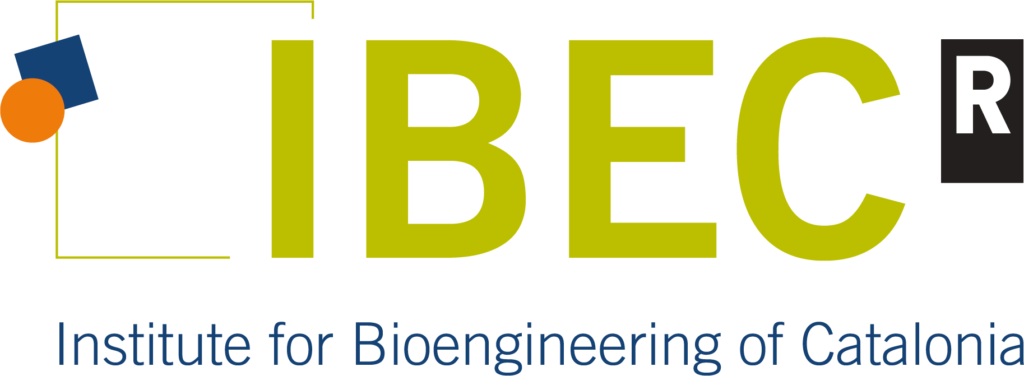
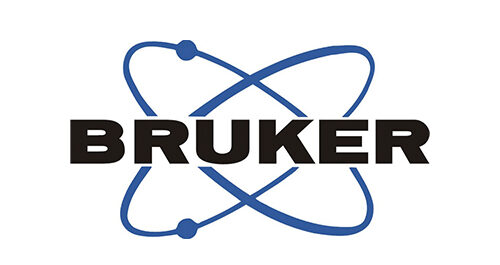


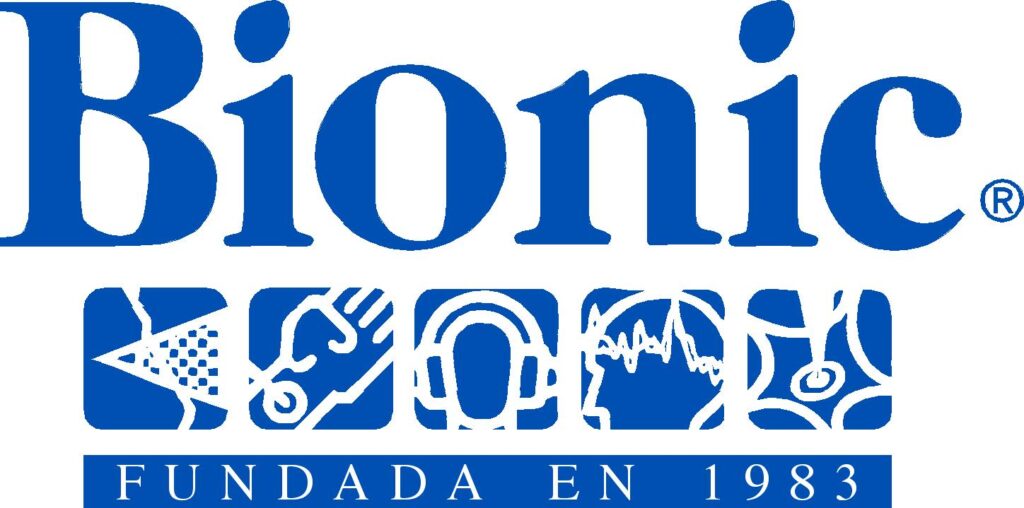





 Date: 25th April · 11 AM to 12.30 PM
Date: 25th April · 11 AM to 12.30 PM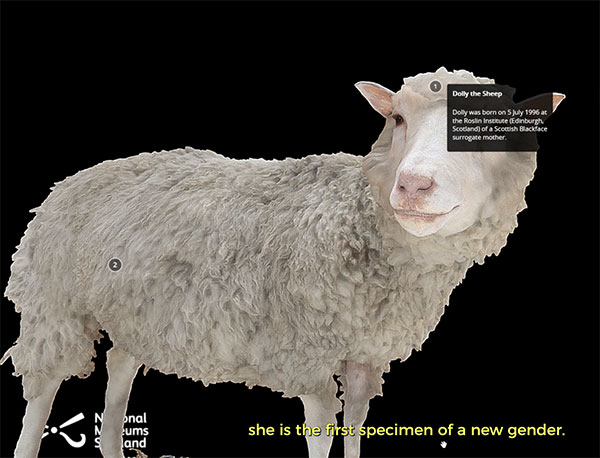 Date: 24th April · 5:30 PM to 5:45 PM
Date: 24th April · 5:30 PM to 5:45 PM
